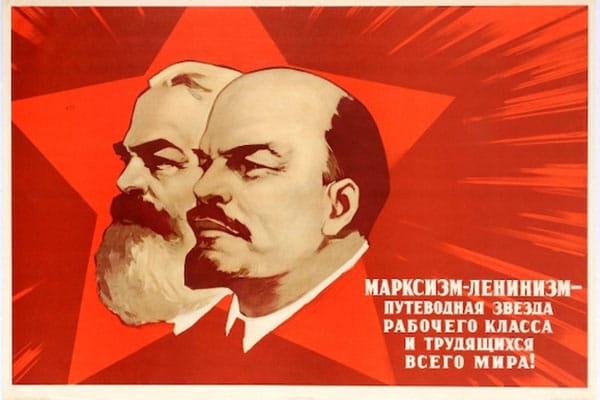by JOHN SMITH and FAROOQUE CHOWDHURY

Dispossessed workers, farmers, small producers still await their day of liberation
This is part one of a four-part interview of John Smith by Farooque Chowdhury. Click here to see all parts of the interview, which will be published in next several days. The interview begins by addressing how imperialism is defined. —Eds
Today, it is impossible to ignore the question of imperialism in any discussion concerning people as imperialism is distorting and destroying all aspects and areas of life. Ignoring the question of imperialism is synonymous to betrayal of people’s cause. John Smith, former oil rig worker, bus driver, telecommunications engineer, longtime activist in the anti-war and Latin American solidarity movements, and author of Imperialism in the Twenty-First Century: Globalization, Super-Exploitation, and Capitalism’s Final Crisis (Monthly Review Press, January 2016), discusses the question of imperialism in the following interview taken by Farooque Chowdhury during July 2018-February 2019.
The analyses, interpretations and observations made, the narratives presented, the terms used, and the way persons, politics, ideologies and trends characterized in the interview are completely of John Smith, and, those don’t always correspond to the interviewer’s opinion, interpretation, etc.
How do you define imperialism?
John Smith: The
most succinct and concrete definition of imperialism that I can come up
with is the subjugation of the entire world to the interests of the
capitalist ruling classes of a handful of oppressor nations. This
contains both the economic and political dimensions of
imperialism—‘subjugation’ denotes the political subjection of
governments, states and peoples to imperialist rule, while ‘interests of
the capitalist ruling classes’ refers to their economic interests,
essentially their appropriation of the lion’s share of the surplus value
generated by the workers and farmers of the world, not just by those
resident in their own countries. The summary definition also speaks of
the ‘ruling classes of a handful of oppressor nations’, rejecting the
influential view (which exists in many variants and whose most prominent
exponents are Leslie Sklair and William Robinson) that these ruling
classes have merged into a ‘transnational capitalist class’, and it
therefore implies that the interests of these ruling classes may not
coincide, that inter-imperialist rivalries persist. Furthermore, the
definition advanced above can be developed to take account of
‘sub-imperialism’, that is, when the capitalist rulers of a subject
nation in turn subject other, even weaker, nations and peoples to their
political and economic domination.
What is/are the difference/s between the definition you are using and other definitions?
JS: The
definition provided above is concrete in that it applies to now, as
opposed to a generic definition applicable to all manifestations of
imperialism throughout the ages. In the above definition, ‘imperialism’
is an analytical category that can be developed into a theoretical
concept. In contrast, trans-historical, generic definitions of
imperialism can only ever be descriptive, highlighting superficial
features which different manifestations of imperialism in different
periods of human history appear to have in common. As Lenin pointed out
in Imperialism, the Highest Stage of Capitalism, “Colonial
policy and imperialism existed before the latest stage of capitalism,
and even before capitalism. Rome, founded on slavery, pursued a colonial
policy and practiced imperialism. But ‘general’ disquisitions on
imperialism, which ignore, or put into the background, the fundamental
difference between socio-economic formations, inevitably turn into the
most vapid banality.” The essence of contemporary imperialism is to be
found in the contradictory social relations specific to capitalism, not
in “human nature “or any other ahistorical abstraction.
That’s not to say that generic uses of the term are useless, or that the noun “imperialism” (and even more so the adjective “imperialist”) cannot be used to describe diverse forms of chauvinistic behavior and mentality—but unless we are conscious of the difference between imperialism as a descriptive term and as an analytical category, we will inevitably fall into the ‘vapid banality’ that Lenin warns against.
Monthly Review Online for more